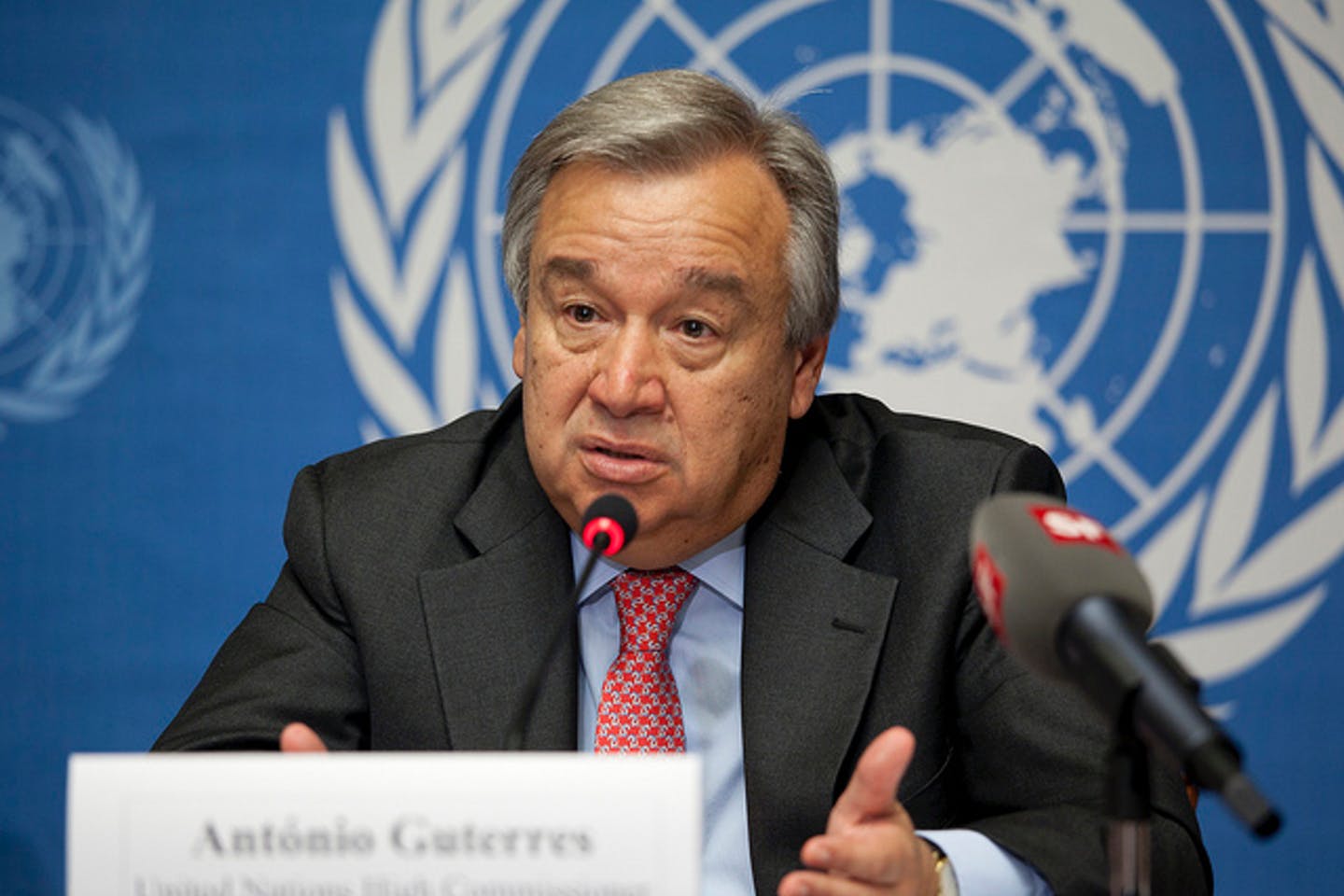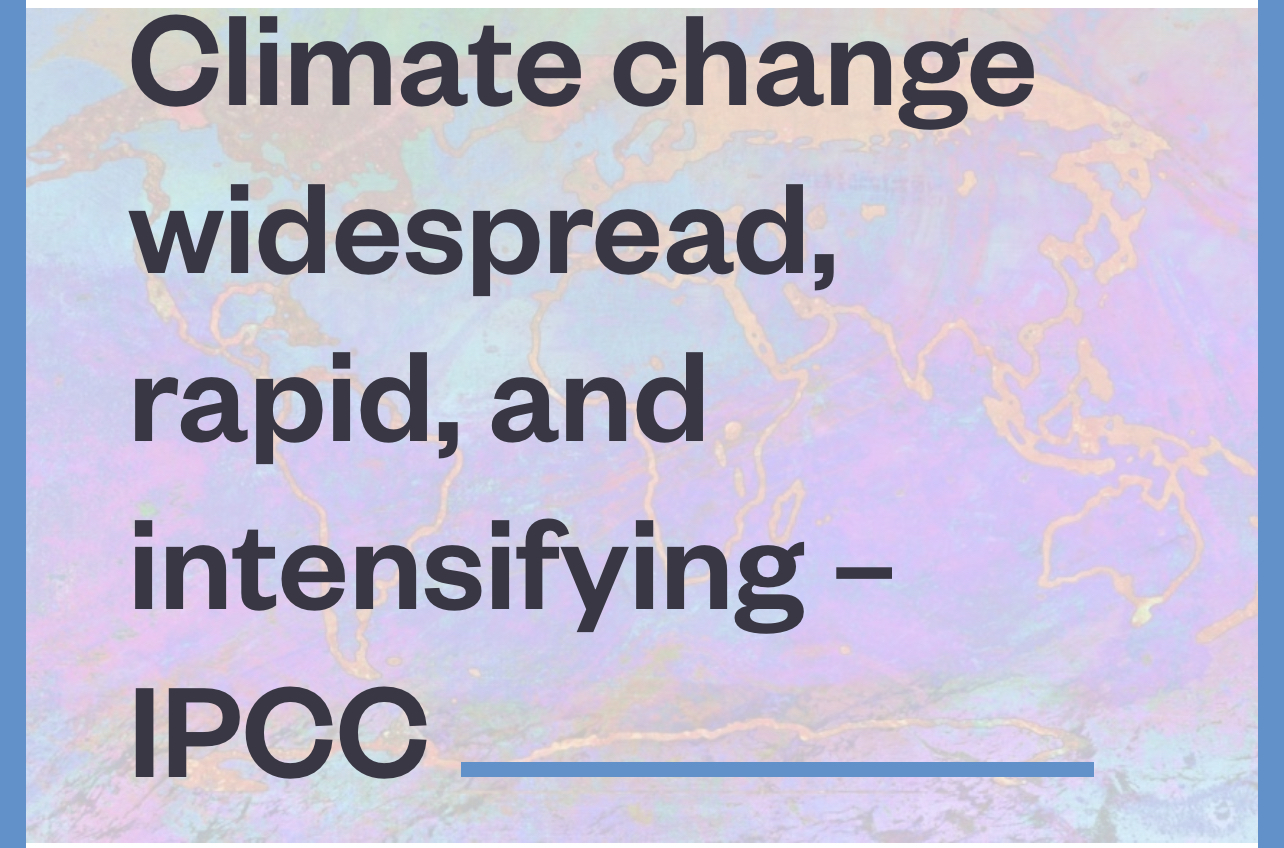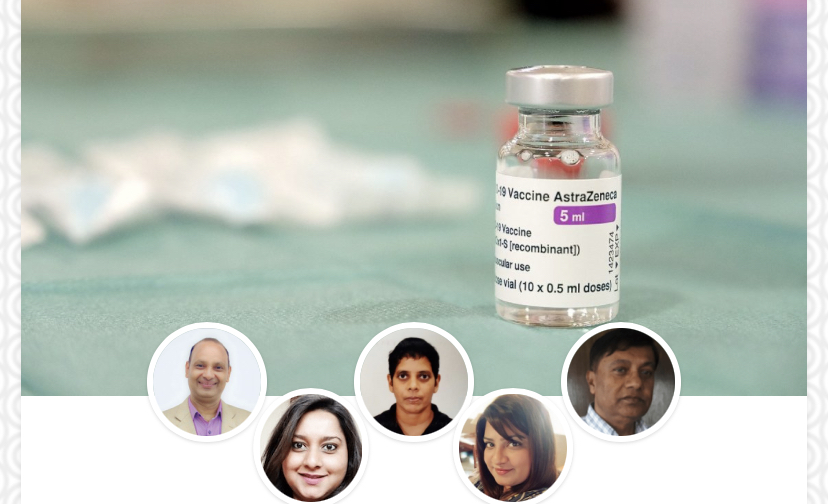BCG Vaccine Fighting Coronavirus in South Asia

Darini Rajasingham-Senanayake, an independent researcher affiliated with the International Centre for Ethnic Studies (ICES) in Sri Lanka.
COLOMBO, Sri Lanka, (IPS) – Numerous studies in many parts of the world have linked the BCG (Bacillus Calmette-Guerin) vaccination, widely used in the developing world with fewer Coronavirus cases. This is good news for countries that have universal BCG vaccination in tropical Asia and Africa.
Many of these countries cannot afford extended lock downs and curfews since the ensuring economic and supply chain disruption, loss of livelihoods, and poverty could kill more people in the long term.
Originally developed against Tuberculosis (TB), the hundred-year-old BCG vaccine offers broad protection and sharply reduce the incidence of respiratory infections, while also preventing infant deaths from a variety of causes.
According to Prof Luke O’Neill, who has specialised in the study of the vaccine at Trinity College Dublin, a combination of reduced morbidity and mortality could make the 100-year-old BCG vaccination a game-changer in the fight against coronavirus.
While there is no specific cure for Covid-19, the BCG maybe a flak-jacket against the Coronavirus. Experts note that the vaccine seems to “train” the immune system to recognize and respond to a variety of infections, including viruses, bacteria and parasites.
The vaccine is now being tested in several countries including Australia, Germany and Netherlands against the new Coronavirus – to protect frontline health workers.
In many countries of the global south’s tropical regions, Covid 19 cases and deaths are in single digits, double digits or hundreds; certainly not in the thousands, unlike in the US and EU, and other temperate regions where the Coronavirus seems more virulent.
This variation has been attributed to differences in climate, cultural norms, mitigation efforts, and health infrastructure. Research indicating that countries whose populations have high levels of BCG vaccination had significantly fewer Covid-19 deaths is highly significant.
Countries that do not have universal policies of BCG vaccination, such as Italy, the Netherlands, and the United States, have been more severely affected compared to countries with universal and long-standing BCG policies,” noted Gonzalo Otazu, assistant professor of biomedical sciences at NYIT.
BCG flattens the disease curve since countries that use BCG vaccination programs had a fatality rate of four per million people, while countries without BCG vaccination programs were 10 times more likely to die at a rate of 40 deaths per million people.
While he stressed the research was largely a statistical one and so came with caveats, there was a case for authorities moving to provide a BCG vaccine top-up for everybody age over 70. “This is feasible and should be considered.
BCG in South Asia
In South Asia, the vaccine has been universally used for decades. India and Pakistan started using BCG in 1948 and in Sri Lanka, BCG vaccination became mandatory in 1949, according to the Ministry of Health epidemiology unit. Compared to case numbers in Europe and North America, and relative to population size South Asian countries have registered low numbers and Covid 19 case load.
Three weeks after a pandemic was declared by the World Health Organization (WHO), it is increasingly clear from the Covid 19 data that Asian countries which practice universal BCG vaccination are relatively better positioned to fight Coronavirus — despite the crippling curfews that saw millions of migrant labourers walking hundreds of miles and dying in the process to get home.
In addition to BCG, hot and humid tropical weather may be another factor inhibiting the spread and strength of the Covid 19 flu in South Asia. Countries that have a late start of universal BCG policy (Iran, 1984) had high mortality, consistent with the idea that BCG protects the vaccinated elderly population.
Access the full article : https://www.ipsnews.net/2020/04/bcg-vaccine-fighting-coronavirus-south-asia/
WHO claim :
There is no evidence that the Bacille Calmette-Guérin vaccine (BCG) protects people against infection with COVID-19 virus. Two clinical trials addressing this question are underway, and WHO will evaluate the evidence when it is available. In the absence of evidence, WHO does not recommend BCG vaccination for the prevention of COVID-19. WHO continues to recommend neonatal BCG vaccination in countries or settings with a high incidence of tuberculosis.1
There is experimental evidence from both animal and human studies that the BCG vaccine has non-specific effects on the immune system. These effects have not been well characterized and their clinical relevance is unknown.2,3
On 11 April 2020, WHO updated its ongoing evidence review of the major scientific databases and clinical trial repositories, using English, French and Chinese search terms for COVID-19, coronavirus, SARS-CoV-2 and BCG.



















Facebook Comments